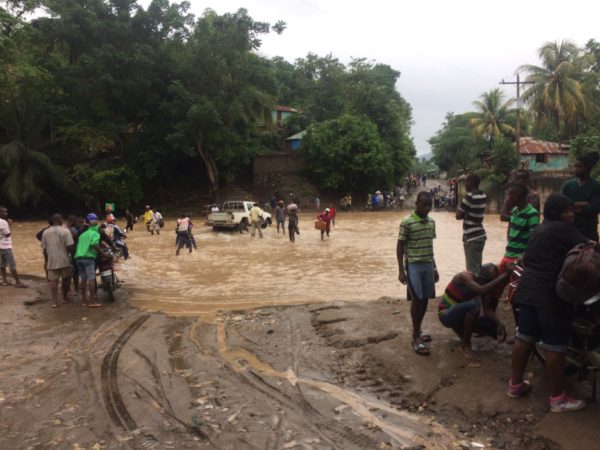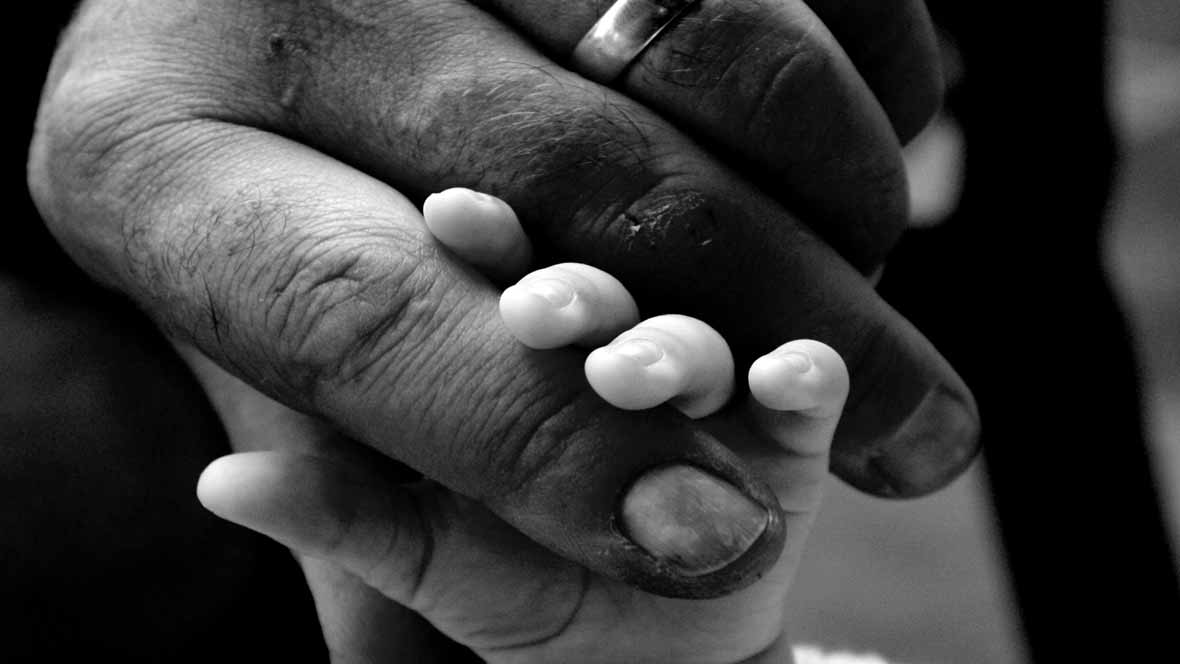Maternal Mortality Ratio (MMR) is the number of women dying from pregnancy related conditions for every 100,000 live births, it expresses the likelihood of death due to pregnancy.
Our latest projects are bold attempts at significant and long-term reduction of MMR in rural communities in Haiti and Zimbabwe. In these countries chronic adversity is putting pressure on meagre resources in underserved and under-resourced populations.
Maternal health matters because:
- Death or debility of a mother puts her children at risk of malnutrition, infectious diseases, academic underachievement and early death.
- Healthy women contribute to the income generating activities of families.
- Maternal health services have a good return on investment .
Broadly and in simple terms, of the many factors affecting maternal mortality, three are amenable to intervention by a charity such as EMAS Canada.
Lack of skilled healthcare workers
Lack of easy access to healthcare facility
Lack of appropriate equipment at point of service
The Solution EMAS offers is: Education, Medical Aid and Service
Zimbabwe according to International Monetary Fund has one the world’s highest inflation rate about 300%; and if as estimated by the UN that 50% of the population is at risk of food insecurity one can expect that healthcare will suffer as scarce resources are diverted for survival.
Similarly, the longstanding political instability in Haiti and the consequent economic stagnation is threatening deterioration of a suboptimal health care service.
Haiti has the highest maternal mortality ratio in the Americas.
Education in southern Haiti:
Through modest beginnings nearly ten years ago, EMAS Canada’s participation in the development and improvement of clinical competencies among Haitian healthcare workers continues to grow. The program led by Pierre Plourde, Krista Waring, and Rachelle Brière has consistently incorporated hands-on training of Haitian nursing students and has recently extended to include a visiting professorship for Dr. Plourde at the Université Lumière Medical School
A new initiative will provide training for health agents and traditional birth attendants. The training will be based on past experience with a similar program in northern Haiti, and in consultation with the national health authorities. To participate in this new teaching team, write to the EMAS office.
Medical Aid in northern Haiti:
Gambade is a medical aid project that will bring safe maternity care within the reach of a community in rural Haiti. The facility will be equipped and staffed for normal deliveries attended to by trained midwives.

Road connecting Gambade to nearest government hospital
Gambade is a village in the steep, hilly region of Grande-Rivière-du-Nord.
The road to the nearest hospital, 10 kilometers away is hazardous even with a sturdy four-wheel drive vehicle, especially in the rainy season. Commonly available motor-cycle taxis are unsuited both to maternity and the terrain.
Gambade Clinic buildings are ready, solar power is working, and we are at the stage of equipping the clinic before hiring national staff.
A Canadian healthcare team will provide continuous training in skills and quality control through regular visits. Information about this clinic can be found here
Education, Medical Aid and Service in rural Zimbabwe
The government of Zimbabwe’s Ministry of Health and Child Care recognizes the importance of maternal health and has policies to facilitate improved service delivery. Among them are free access to healthcare during pregnancy, and a willingness to work with organizations like EMAS Canada under its UNSDG Health Partnership for recruiting private, public, and professional collaboration for building an ecosystem for healthcare delivery in Zimbabwe.
At the invitation of the Reformed Church in Zimbabwe and the Gutu Development Association, EMAS Canada is starting a new project at Gutu Mission Hospital.
Gutu Mission Hospital is readily accessible by a tarmac road. Of its 165 beds, the highest occupancy is in the maternity wards and of its nearly 1,100 monthly outpatients, 655 are female. This hospital is a referral center for about 30 smaller satellite health centers.

Gutu Mission Hospital – Maternity
The opportunities include:
- A program of continuing professional development for clinical and administrative staff; supporting and upscaling of student nurse training.
- Upgrading and expanding of maternity services for safe normal deliveries; detection and management of obstetric emergencies.
- Supplementing and replacing essential diagnostic equipment, and refurbishing the surgical suite.
Send an email with subject line Gutu Mission Hospital for more information.
Join us in providing hope and better odds to mothers in Haiti and Zimbabwe
Donations may be made through our online donation form.
Thank you for your partnership.
All Scripture references are taken from the New International Version (NIV)


